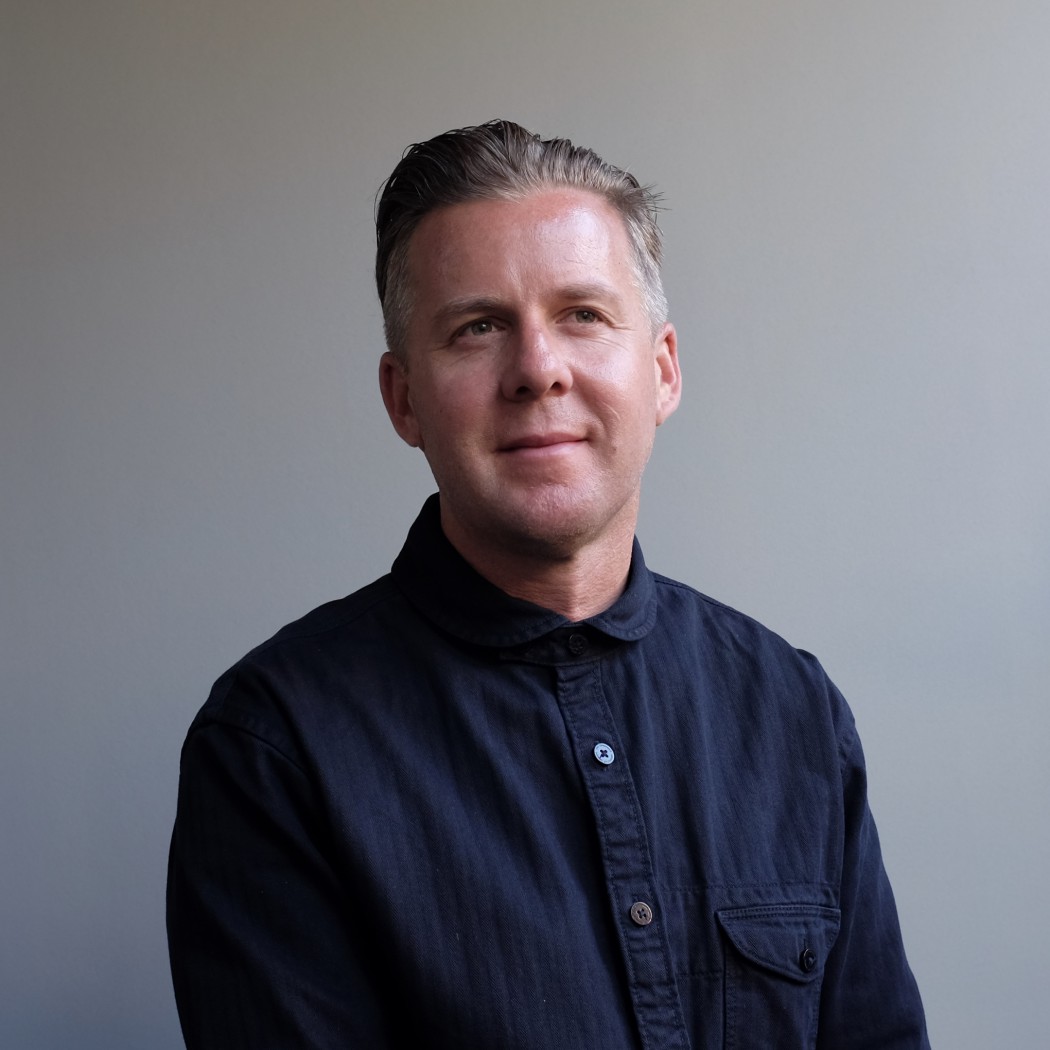Regular readers of The Better Living Index will be aware of my ongoing passion for great coffee. Over the past seven years, we have written about the best of Sydney’s highly competitive coffee scene and made a point of visiting the best operators in a number of international cities. As you can imagine, quitting coffee was never on my list of life goals, recalling author Kinky Friedman’s derisory reference to the ‘decaffeinated life’.
Things have changed. After years of being given credible health advice to quit caffeine, I decided it was time. As expected, the following days were filled with headaches and a sense of being fuzzy-headed which lasted for around ten days. However, after two weeks, the impact was undeniable with the following six impacts in evidence;
- A reduction in the tension across my shoulders and neck; now around 30% of previous levels.
- More restful sleep as caffeine inhibits melatonin production.
- Considerably clearer skin due in part to greater hydration; caffeine is a diuretic.
- The whites of my eyes returned to being white. This was less instant, taking place over around three months.
- At around seven weeks, a shoulder ache that I had had for two years, just stopped aching.
- Lastly, my LDL cholesterol—the bad one—reduced from 4.5 to 3.7 over three months.*
* Along with quitting caffeine, I also drank a litre of water each morning with the juice of half a lemon, teaspoon of apple cider vinegar and teaspoon of honey, and eat corn on the cob three-to-four times each week. Corn provides insoluble fibre which helps facilitate cholesterol excretion.
Quitting coffee is something that has worked for me, although I must admit to missing the taste and smell. However, we are all different in our genetic make-ups and I suggest that you contact a health professional like nutritionist Anna-Maria Boelskov. Anna-Maria previously worked on repairing the inner workings of my stomach with great results. Below is information from Anna-Maria that provides the scientific reasons for the some of the results outlined above. You can find her through her website—annamaria.com.au—and I highly recommend you do so.
Note: I include this self portrait to illustrate the effect quitting caffeine has had on my skin. To give the image some context, I am 44 years old in this photograph.
From Anna-Maria Boelskov.
‘Coffee contains antioxidants and phytochemicals that may help protect the body from cancer and heart disease, cardiovascular disease and some cancers. Additionally, the chemical compound caffeine in coffee is what we really tend to enjoy. Because caffeine stimulates the central nervous system and metabolism, it can help to improve concentration, reduce the feeling of fatigue and depression and may, in fact, speed up fat metabolism. Green coffee beans that are young and unroasted contain higher concentrations, compared to regular roasted coffee, of chlorogenic acid, the chemical that stimulates metabolism as well as being a strong antioxidant. So overall when used in moderation coffee can provide antioxidants, improve alertness and assist in weight loss.
How much is good?
Most studies that have been conducted on coffee’s benefits, of which there seem to be several, and are dose dependent. Therefore, it is important to mention the dose that has been shown to be beneficial for cardiovascular health and cancer is about four cups. ‘A cup’ in a study is about 177ml of coffee. Now, let’s compare that to a regular takeaway coffee here in Australia. According to National Food Standards Australia, a regular coffee is ranging from 280-290ml. So In reality, a maximum healthy dose of coffee is a maximum of 2.5 coffees daily. Coffee intake should not exceed 3 cups per day, as the dose is paramount for a healthy effect of caffeine vs. unhealthy.
There is more to the story on coffee, and it is a very personalised story in fact. We aren’t all the same, and our genetic setup plays a key role; allow me to get a bit more specific because this is what really comes up for people and will explain why coffee can’t just be labelled as ‘good’ or ‘bad’.
What you need to know about Coffee:
Our genotype determines how well we ‘deal’ with the chemical caffeine. All that it means is that we all have a specific genotype and that is what determines if caffeine is beneficial or detrimental to your health. Genetic testing is one way to find out, but looking at your symptoms when you consume a cup of coffee can be all we need. If you feel jittery for ages, and struggle to sleep if you have a coffee after midday you are likely to have a slow metabolism and this means your ability to detox the caffeine takes longer than for someone who has a fast metabolism (or a CYP1A2*1A snip).
However, having said that, not everyone will have clear cut signals, the symptoms can be mild and we can build up a level of tolerance that masks the symptoms due to the high adrenaline rush. Removing coffee from your diet entirely for a few days may show you that you feel better and chronic conditions can clear up unexpectedly. If that is the case, I would expect you to be a slow metabolizer.
The real benefit of checking your genotype in relation to caffeine is that if you are a slow metabolizer caffeine is not healthy for you and does not provide the anti-cancerous or cardiovascular protection that it may do for fast metabolizers.
A side-note on decaffeinated coffee:
When choosing decaffeinated coffee, which may be the choice for people who find that caffeine is too stimulating, going for coffee that has been decaffeinated by the ‘water method’ or ‘Swiss Water method’ is preferable. This is a process that uses hot water, steam, and a charcoal filter to remove caffeine from the raw beans as opposed to the method using methylene chloride to remove the caffeine. Methylene chloride has been associated with liver damage and is highly toxic. So ask your barista next time what decaffeination method has been used.
The bottom line:
Here’s what goes for all genotypes, fast or slow. Coffee is a diuretic, and in being so, it depletes us of our water-soluble vitamins such as vitamin C and the B vitamins, especially vitamin B5, our anti-stress vitamin. It also affects the mineral status of the body by preventing iron absorption and reduces zinc, magnesium, potassium and calcium levels in the body. All of these are very important nutrients.
As you can see it is not ideal to have a coffee with your meal (as you may excrete those great nutrients from your food) or worse if you take a multivitamin and then have your coffee, it is essentially vitamins down the drain. I suggest having a 30-60 minute gap between taking supplements or eating a meal and having a coffee to buffer for the diuretic effect.
Despite the positive studies on caffeine, my advice is to only have one coffee daily and only if you do not experience trembling or an overly rapid heart rate. The health benefits mentioned are easily also achieved from an organic whole food diet with a wide range of leafy vegetables and 3-4 cups of vegetables daily, especially those deep purple, orange and red. I also would use caution if you are feeling unwell, have a chronic low-grade immune function, have a family history of osteoporosis and lastly please do not rely on coffee to have your daily bowel motion. Bowel motions should be achieved without the use of coffee. If not there’s a good chance that your daily coffee is masking an underlying digestive issue.’
References:
https://www.ncbi.nlm.nih.gov/pmc/articles/PMC4242593/
http://clinchem.aaccjnls.org/content
You can contact Anna-Maria for more information or to book a consultation via her website; annamaria.com.au



